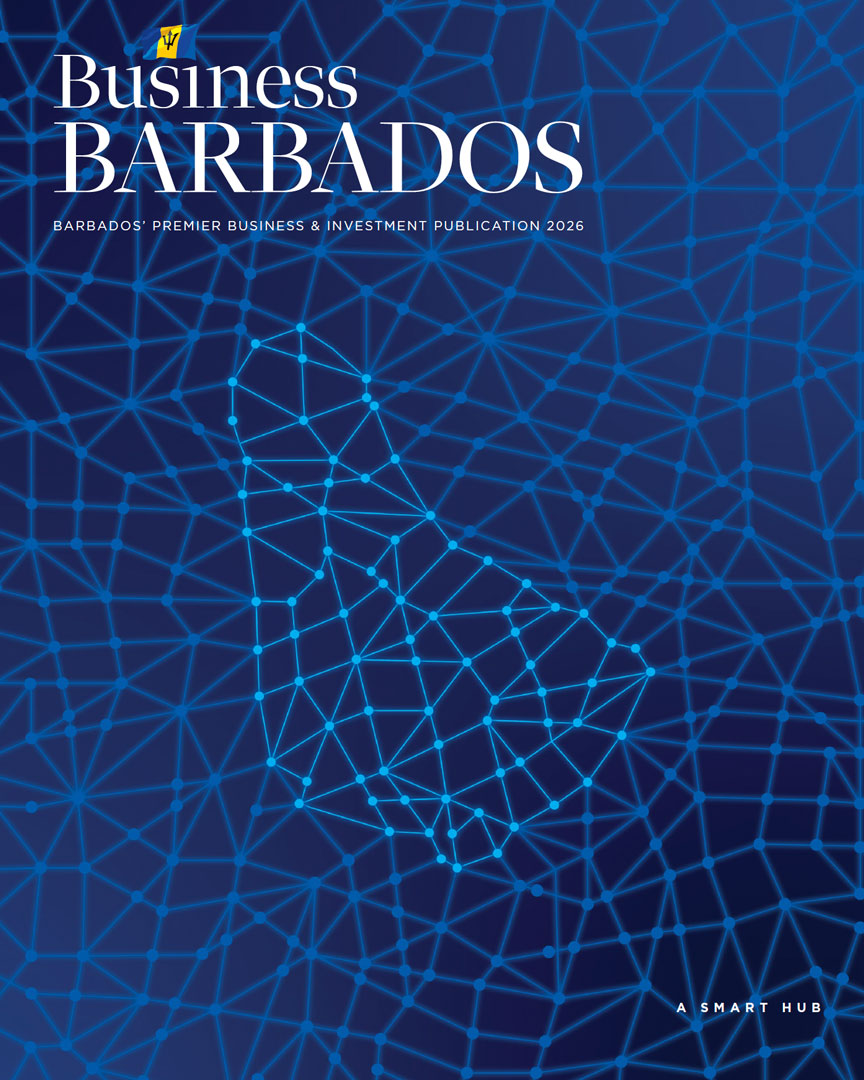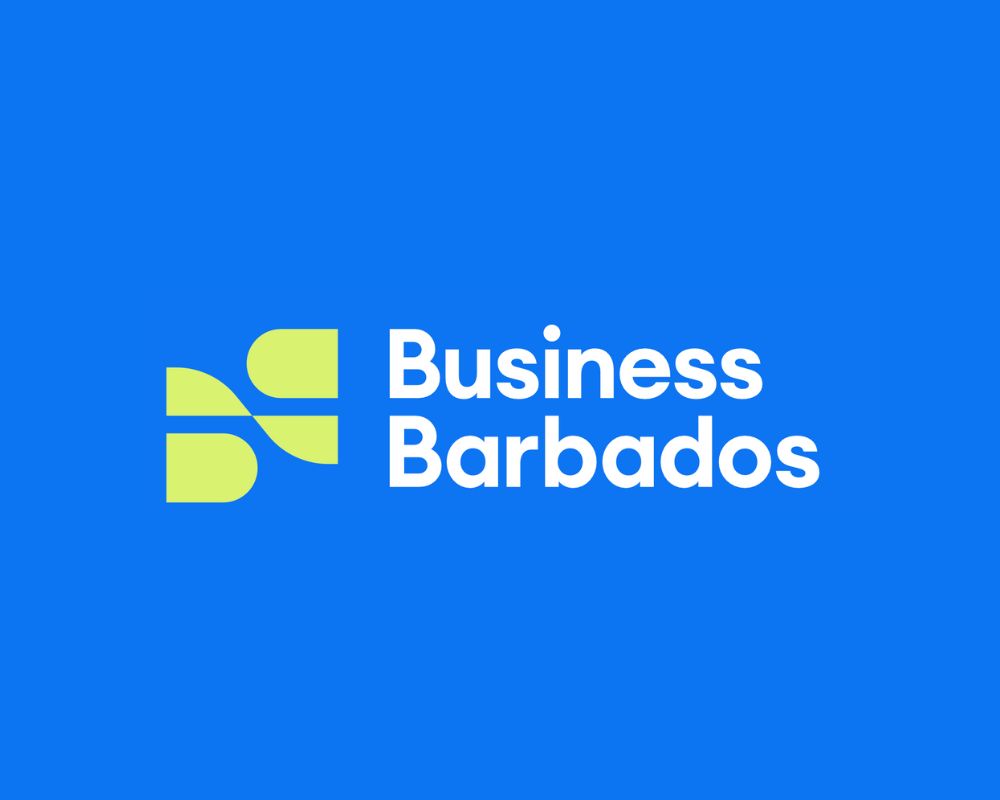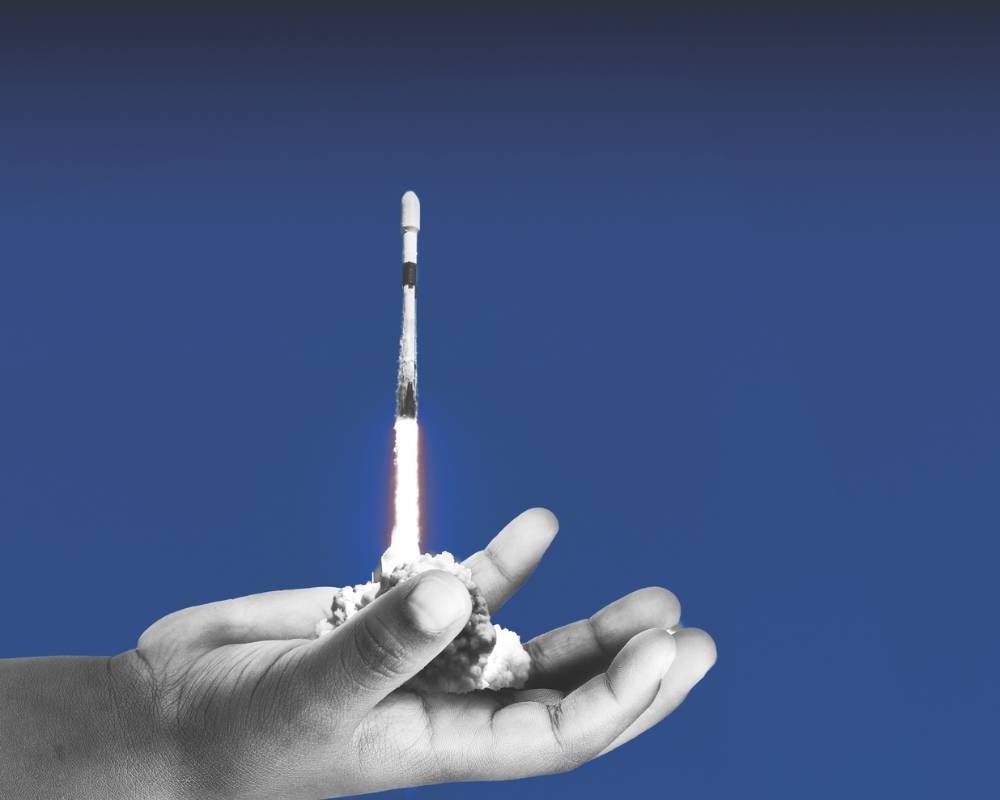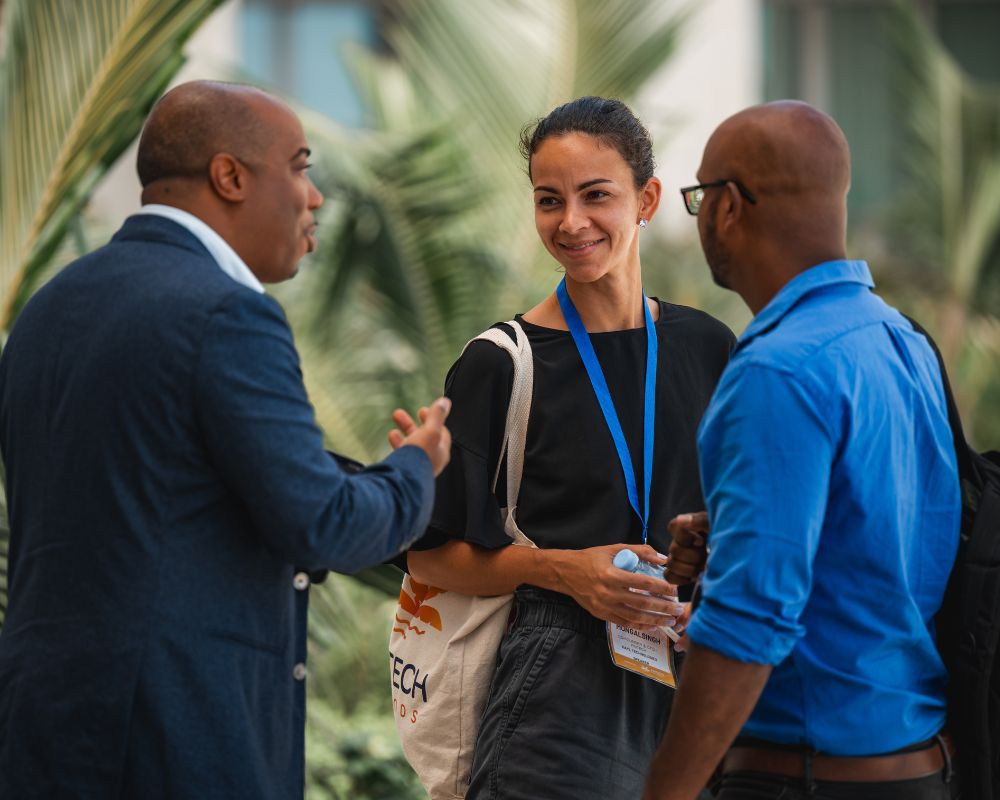
Like most of the smaller Caribbean countries, the Barbados economy is firmly grounded in tourism and to a lesser extent in financial services. Developing an additional economic pillar that is less susceptible to geohazards, pandemics, international politics and terrorism is a must for Barbados, if sustainable and reliable economic prosperity is to be achieved going forward.
The Caribbean Science Foundation (CSF) has long been concerned about these vulnerabilities and was formed to assist with the challenges of developing the human capital needed to build a viable and significant economic pillar based on science and engineering to diversify the economy. Opportunities abound in the information and communications technology workspace (especially in software and robotics, including machine learning and artificial intelligence technologies) as well as in the biotechnology industry. However, a well-trained workforce and much more foreign investment, along with mentoring of our technology entrepreneurs are needed to take full advantage of these technologies to develop new competitive products and services for global markets.
The CSF (caribbeanscience.org) is an independent, private, non-profit non-governmental organization founded in 2010. Its mission is to assist with the diversification of the economies of the Caribbean Region by harnessing science and technology for economic development, thereby helping to raise the standard of living. Helping to build and train a modern-day, knowledge-based workforce is therefore a focus of the CSF. CSF programs aim to: stimulate greater student interest in STEM (science, technology, engineering and math), increase the numbers of students pursuing advanced degrees in science and engineering, encourage more technology entrepreneurship, and promote science popularization. The CSF philosophy is to “teach our people to fish rather than giving them fish.”
The Barbados government, like other small Caribbean governments, is faced with a small operating budget which creates significant challenges for long range planning and investment in the development of any new economic pillar. To assist in achieving some of the above objectives, the CSF currently runs four major educational programs: the Student Program for Innovation in Science and Engineering, the Barbados Junior Robotics Camps, Caribbean Computer Coding Workshops, and the Caribbean STEM Olympiads.
The Student Program for Innovation in Science and Engineering (SPISE) is an annual, 5-week residential enrichment summer program launched in 2012 for the most gifted Caribbean high school students in STEM. SPISE is modeled after the MITES program at MIT and is hosted on the Barbados campus of the University of the West Indies. SPISE students are totally immersed (24/7) in university-level calculus, physics, biochemistry, computer programming (Python), entrepreneurship, and a hands-on project in electronics. The SPISE environment discourages rote learning and instead teaches students how to focus on understanding and applying the fundamentals to achieve mastery, and thus the ability to solve complex problems. The value of teamwork (learned in the hands-on projects) is emphasized, along with proactive time-management skills. Instructors for SPISE include professors from the Caribbean and the Diaspora (including MIT), and senior management professionals from leading biotechnology companies.
Since 2012, 225 students have graduated from SPISE. Of these, 25 SPISE graduates have or are currently enrolled at MIT in undergraduate or graduate programs. Similarly, several others have or are enrolled at Caltech, Harvard, Stanford, Princeton, Columbia, Cornell, Yale, Dartmouth, Carnegie Mellon, U Penn, Howard University, McMaster and UWI. Regarding the stellar accomplishments of these students, one SPISE alum is now a Rhodes scholar, and numerous others are currently in PhD programs at Harvard, Stanford, Princeton, Johns Hopkins University, Carnegie Mellon University, Dartmouth College, Northwestern University, University of Pittsburgh, and University of Toronto, in addition to MIT. All SPISE students pledge to give back to the Region at some point later in life.

The Barbados Junior Robotics Camps (BJRC), launched in 2015, are annual, 5-week summer enrichment programs for young Barbadian students interested in robotics. Students from low-income households are encouraged to apply and a balanced class of 50% girls and boys is targeted. The curricula are designed such that while having fun building their robots, the students learn engineering design principles, enhance their computer programming skills, and explore examples of how science and math are applied to solve everyday problems. Teamwork is emphasized, and its value is highlighted. The BJRC offers robotics at four different levels between 10 and 18 years of age. Levels I & II are for children who have little or no previous STEM, programming, or robotics experience. Level III and IV students include high-level programming and micro-controllers within their robots. All students have the use of a 3-D printer to create custom parts as needed. To date, 280 students have participated in the BJRC, in addition to 5 primary school teachers. The BJRC are conducted in partnership with the UWI Cave Hill Campus.
The Caribbean Computer Coding Workshops (C3W) were launched in 2018 and are open to persons who are more than 15 years old. The goals of the C3W are to: (1) help increase the low number of persons in the Region who have competency with modern computer programming languages, and thereby help train the technology workforce of the future, (2) assist with training of women (goal is a 50/50 gender balance) and persons with disabilities, (3) stimulate more technology-based entrepreneurship by encouraging the formation of more globally competitive ICT companies, (4) stimulate increased interest in science and engineering careers, and (5) generate further student interest in going beyond programming and into the field of advanced computer science. The Workshops offered to-date have been on Python and website development. A near-term goal is to encourage the Region to move away from testing our CSEC students in Pascal to the adoption of a more modern language, such as Python. Python was chosen because it is a relatively easy language to learn and it has numerous libraries that are used for applications such as computer games, robot manipulation, and machine learning and artificial intelligence applications, including big-data processing. The C3W are offered on Saturday mornings during the school term for 14 consecutive weeks. Since 2018, the C3W has served approximately 400 participants. The CSF truly believes that “there is no reason why the next Google cannot start in the Caribbean”.
The Caribbean STEM Olympiads (CSO) are annual competitive events for students between 12 and 21 years of age. The CSO comprises Math, Computer Coding, and Robotics Olympiads in three different age ranges. The CSO showcases and celebrates the most outstanding STEM students in the Region and encourages more youth to embrace science and engineering. This science popularization initiative is effective at engaging students, parents, teachers, and the public in STEM. In addition to sharing the above goals of the C3W, the CSO: (a) tests the competitors’ creativity, critical thinking, problem solving ability, leadership, and teamworking skills, (b) ignites and nurtures STEM inventiveness in our youth while encouraging informal learning opportunities in STEM, (c) gives our medalists a competitive advantage on their university applications, and (d) provides a launchpad for Caribbean teams to compete in international STEM Olympiads. Medal certificates and cash prizes are awarded to the winning teams or individuals. In 2023, 215 Caribbean students participated in the CSO.
The CSF also intends to assist more directly with fostering an entrepreneurial culture by helping with the launch and growth of technology-based Caribbean start-up businesses, having recently established CaribVenture.
More CSF publications on proposed action plans that can help with technology development in Barbados and the Caribbean can be found on The Caribbean Science Foundation's website. Interested investors can assist Barbados with the proposed STEM economic transformation by collaborating on the development of its knowledge-based workforce in a friendly, emerging technology hub that is ripe for win-win commercial investment.
















.avif)